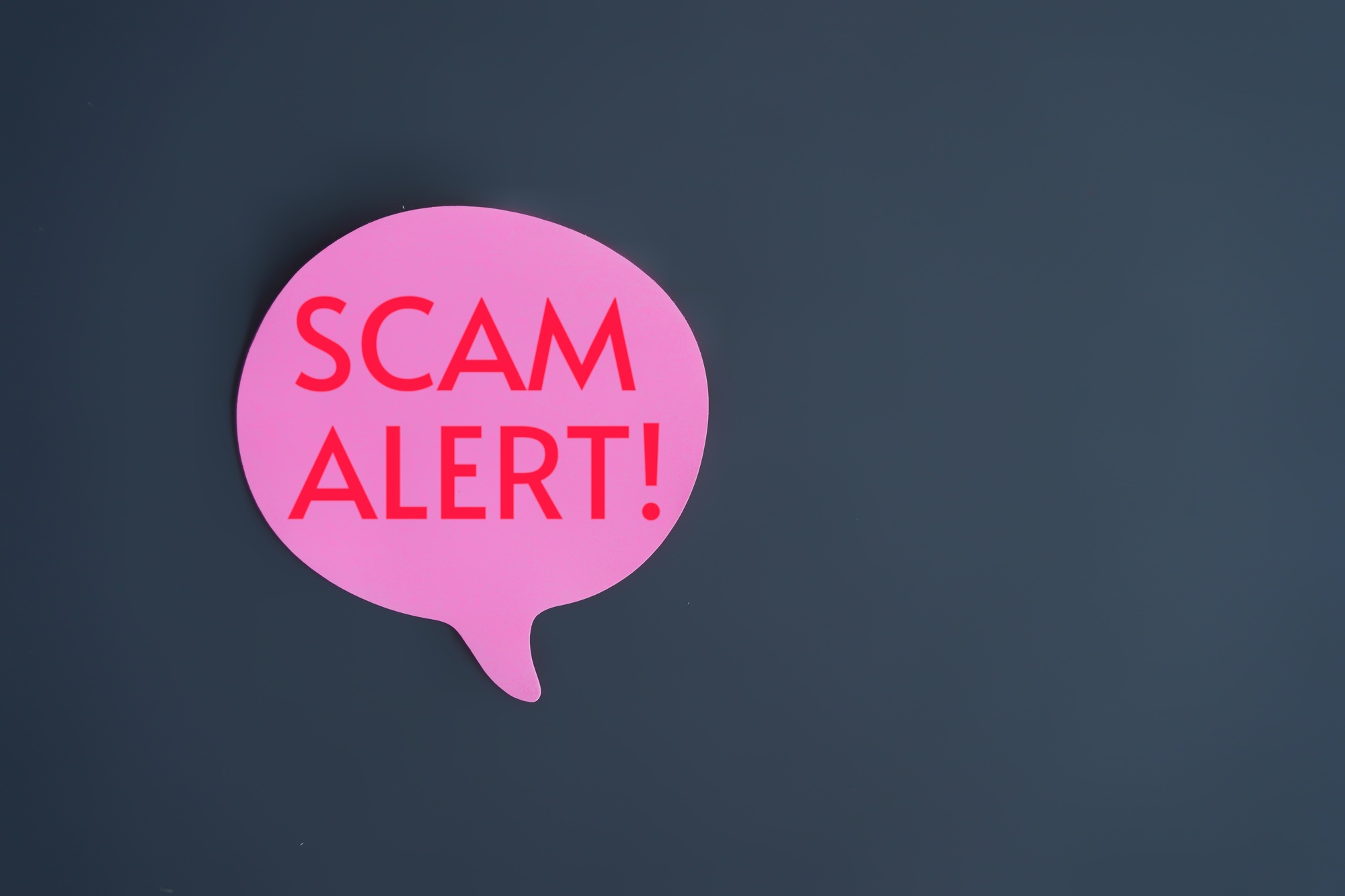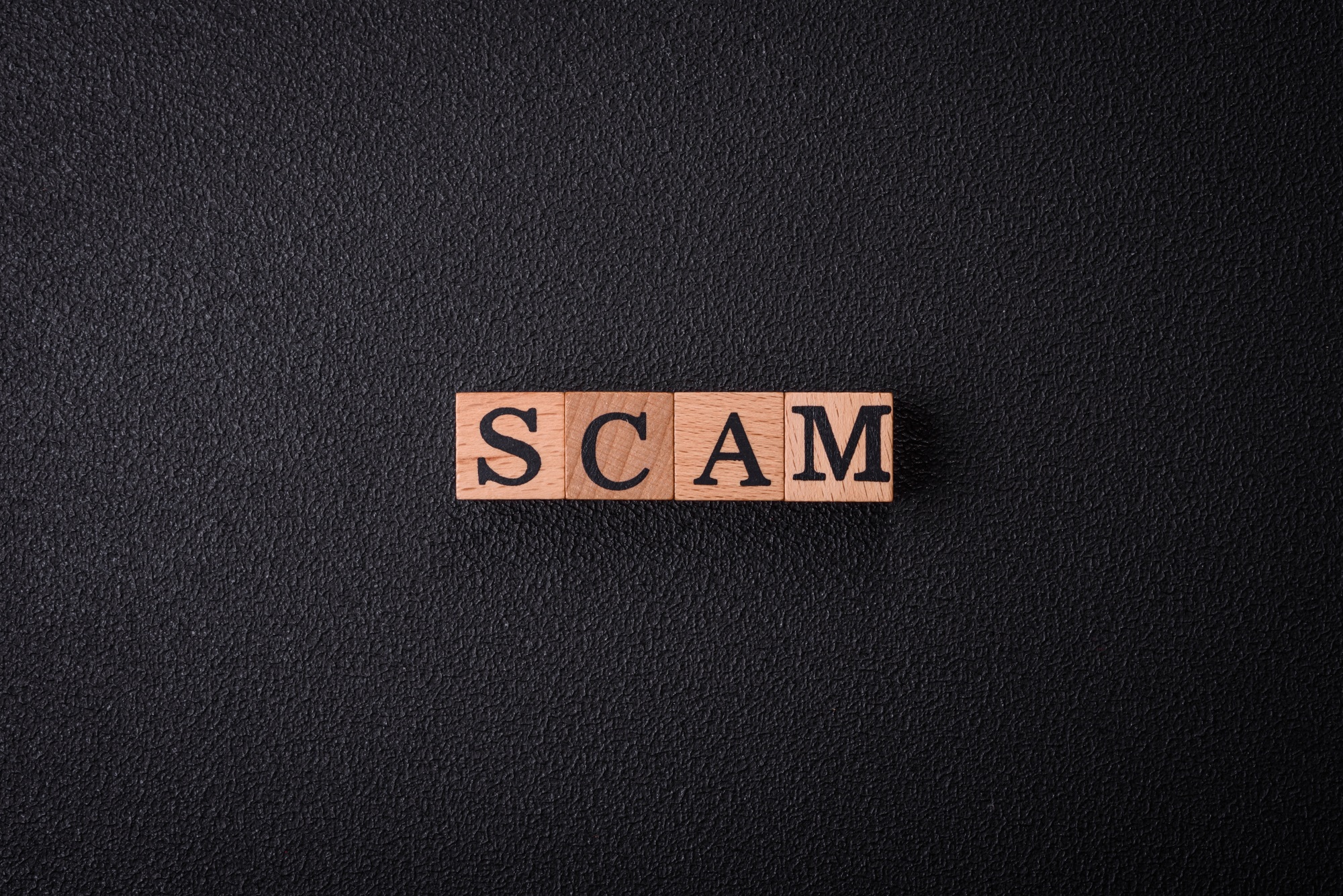Key Takeaways

- PayPal Scams Are Increasing: Understanding the prevalence and types of PayPal scams, such as phishing emails and fake payment notifications, is essential for user safety.
- Recognize Warning Signs: Be alert for unusual payment requests, suspicious emails, and unexpected communication that may indicate a scam.
- Implement Security Measures: Utilize two-factor authentication, regularly monitor account transactions, and verify emails to secure your PayPal account against unauthorized access.
- Educate Your Team: Training employees to recognize phishing attempts and handle suspicious inquiries can significantly reduce the risk of falling victim to scams.
- Report and Resolve Issues Promptly: If you suspect fraud, report it to PayPal and consider filing complaints with authorities to protect yourself and others from potential scams.
In today’s digital age, online transactions have become second nature. With the convenience of platforms like PayPal, it’s easy to send and receive money with just a few clicks. However, this convenience comes with its own set of risks. PayPal scams are on the rise, targeting unsuspecting users and exploiting their trust in the platform.
You might think you’re safe, but scammers are getting smarter and more sophisticated. From phishing emails to fake payment notifications, these scams can lead to significant financial loss if you’re not careful. Understanding how these scams work is crucial to protecting yourself and your hard-earned money. Let’s dive into the common types of PayPal scams and how you can safeguard your account against them.
Understanding PayPal Scams

PayPal scams target users, particularly small businesses, exploiting the trust placed in online payment systems. It’s vital to understand these scams to protect yourself and maintain the integrity of your transactions.
Common Types of PayPal Scams
- Phishing Emails: Scammers send emails that mimic PayPal’s official communications, asking for sensitive information.
- Fake Payment Notifications: Scammers send notifications claiming payments were made, urging you to ship products before verifying the transaction.
- Chargeback Scams: Fraudsters purchase goods, then dispute the charge with PayPal, often leaving small businesses out of pocket.
- Account Takeover: Scammers gain access to your PayPal account and make unauthorized transactions using your stored payment information.
- Direct Deposit Scams: Scammers trick businesses into providing banking information under false pretenses, leading to unauthorized withdrawals.
How PayPal Scammers Operate
Scammers take advantage of social engineering tactics, often leveraging a sense of urgency or authority. They impersonate legitimate companies, creating realistic scenarios that pressure you into providing personal information or completing transactions. By employing fake websites and email addresses, they create an illusion of authenticity. Protecting your small business means staying vigilant against these tactics, regularly updating passwords, and verifying communications directly with PayPal. Emphasizing strong cybersecurity measures can significantly reduce the risk of falling victim to these scams.
Recognizing the Warning Signs

Recognizing the warning signs of PayPal scams is crucial for safeguarding your small business and finances. Awareness of these indicators helps you make informed decisions and maintain security.
Unusual Requests for Payment
Be cautious of unusual payment requests. If a customer or vendor asks you to wire money or send payments outside of standard PayPal procedures, treat such requests with skepticism. Legitimate transactions typically occur within the PayPal platform. Scammers may create a false sense of urgency, pressuring you to act quickly. Always verify the identity of the requester and confirm the request through trusted communication channels.
Suspicious Email and Links
Stay vigilant for suspicious emails and links. PayPal emails should address you by your full name or your business name, avoiding generic greetings like “Dear user.” Emails containing spelling or grammar errors are often indicators of phishing attempts. Check links before clicking; hover over them to ensure they lead to legitimate PayPal domains. If the email promises unrealistically high returns or promotions, dismiss it as likely fraudulent. Always navigate to PayPal directly through your browser instead of clicking email links to mitigate risk.
Protecting Yourself Against PayPal Scams

Understanding how to safeguard your small business against PayPal scams is crucial in today’s digital landscape. Implementing effective practices can enhance your security and help you avoid financial loss.
Best Practices for Secure Transactions
- Verify Email Communications: Check for legitimate PayPal email addresses. Look for misspellings or unusual language often used by scammers.
- Use Two-Factor Authentication: Enable two-factor authentication on your PayPal account to add an extra layer of security against unauthorized access.
- Educate Employees: Train your staff on recognizing phishing attempts and handling suspicious communications. This vigilance can protect your business from scams.
- Monitor Transactions Regularly: Frequently review your account activities for any unauthorized or unusual transactions. Report discrepancies immediately to PayPal.
- Ship to Verified Addresses Only: When running a small business, always ship items to addresses confirmed on the Transaction Details page to avoid shipping fraud.
Reporting and Resolving Scams
- Report Phishing Attempts: If you receive a suspicious email or message, forward it to PayPal at [email protected]. This action helps prevent scam propagation.
- Contact PayPal for Disputes: If you believe you’ve fallen victim to a scam, contact PayPal’s customer service directly for resolution. They can guide you through the dispute process.
- File a Complaint with Authorities: If a scam results in significant financial loss, consider reporting it to the Federal Trade Commission (FTC) or your local authorities.
Implementing these strategies protects your small business while ensuring your transactions remain secure.
Real-Life Examples of PayPal Scams

PayPal scams pose significant risks for small businesses. Awareness of these scams, especially phishing attacks and fake seller scams, contributes to better protection for your finances and operations.
Case Study 1: Phishing Attack
This phishing scam, known as the “phish-free PayPal phishing” scam, exploits genuine vendor features to deceive users. Scammers send emails appearing to be legitimate PayPal communications, including payment requests from verified sources.
- Scammers create emails that mimic official templates from PayPal. These messages often prompt you to complete a payment, urging immediate action.
- Clicking on the provided link redirects you to a fake PayPal login page, where your login credentials are harvested.
Due to the sophisticated nature of this scam, recognizing the red flags becomes crucial. Always scrutinize the sender’s email address and verify any unusual requests directly through your PayPal account.
Case Study 2: Fake Seller Scams
Fake seller scams target small businesses by exploiting trusted payment methods like PayPal. In this scenario, buyers pose as legitimate customers but request goods or services before payment is confirmed.
- Buyers often present themselves as interested clients, urging you to ship your product urgently while providing fake payment confirmations.
- Once you ship the item, you discover the payment was never processed or was reversed, resulting in significant financial loss.
Vigilance is essential when engaging with unknown buyers. Always verify payment information through your PayPal account and consider holding shipments until payment confirmation is secured. This practice safeguards your small business against potential losses from fraudulent transactions.
Understanding these real-life examples of PayPal scams enables you to protect your small business effectively.
Conclusion

Being aware of PayPal scams is essential for protecting your finances and business. Scammers are constantly evolving their tactics to exploit unsuspecting users. By staying informed and vigilant, you can significantly reduce your risk of falling victim to these schemes.
Always verify communications directly with PayPal and be cautious with unusual payment requests. Implementing security measures like two-factor authentication can add an extra layer of protection. Trust your instincts; if something feels off, take the time to investigate further.
By prioritizing security and following best practices, you can navigate the digital marketplace with confidence and keep your transactions safe.
Frequently Asked Questions

What are PayPal scams?
PayPal scams are fraudulent schemes targeting users to steal personal information or money. Common tactics include phishing emails, fake payment notifications, and impersonation of legitimate accounts, all designed to exploit user trust and facilitate unauthorized transactions.
How can I recognize a PayPal scam?
Look for warning signs such as generic greetings in emails, spelling errors, urgent language, or requests for sensitive information. Legitimate communications from PayPal will address you by your full name and refrain from asking for sensitive data directly.
What should I do if I receive a suspicious email from PayPal?
Do not click on any links or provide personal information. Instead, verify the email’s authenticity by logging into your PayPal account directly through a web browser or by contacting PayPal customer service for clarification.
How can I protect my PayPal account from scams?
Enable two-factor authentication, regularly update your password, and monitor transactions for any unusual activity. Additionally, educate yourself and your employees about phishing attempts and always verify unusual payment requests before proceeding.
What types of PayPal scams should I be aware of?
Be cautious of phishing emails, fake payment notifications, chargeback scams, account takeovers, and direct deposit scams. Understanding these can help you recognize potential threats and protect your finances.
What steps should I take if I fall victim to a PayPal scam?
Immediately change your PayPal password and report the incident to PayPal customer service. If there is financial loss, consider filing a complaint with local authorities and documenting the scam for your records.
Can small businesses be affected by PayPal scams?
Yes, small businesses are often targets of PayPal scams, which can lead to significant financial losses. It’s crucial for them to stay vigilant, understand the risks, and implement security measures to protect their accounts.
How does social engineering play a role in PayPal scams?
Scammers use social engineering tactics to manipulate users by creating urgency or authority, often impersonating trusted entities. This approach increases the chances of users falling victim to scams by exploiting their trust and emotions.
Image Via Envato: innu_asha84, MargJohnsonVA, DC_Studio, fauziEv8, voronaman111, chernikovatv, mohdizzuanbinroslan



